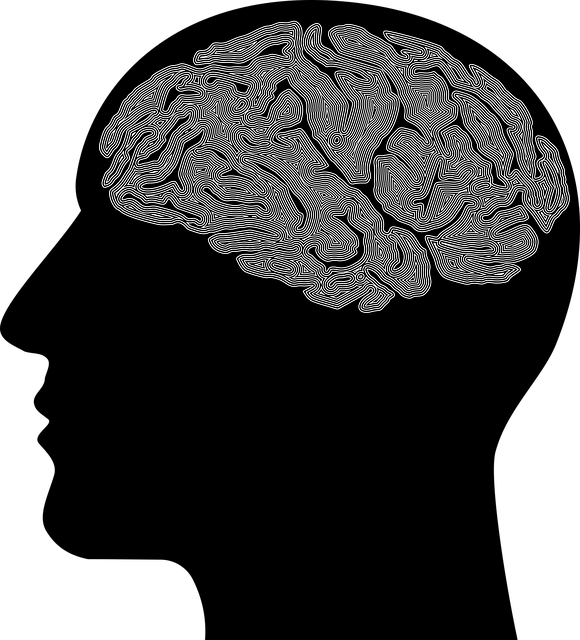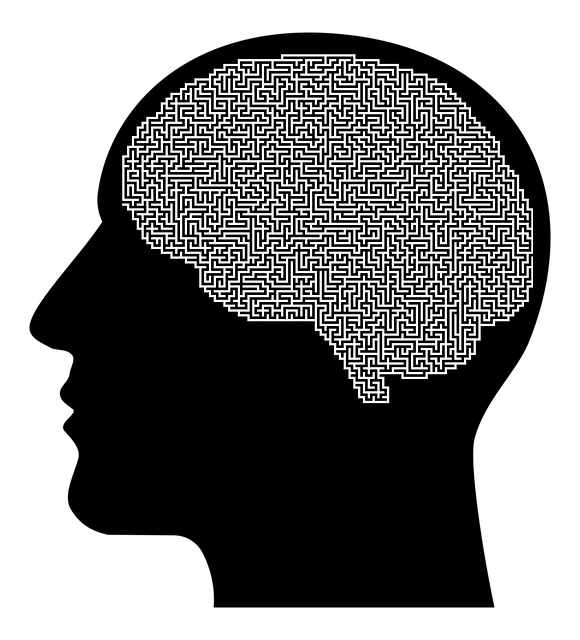Understanding community needs is key to implementing effective Highlands Ranch Chronic Illness Therapy programs, which assess prevalent chronic conditions, analyze demographics, and consider access to care for underserved populations. This process allows for the development of tailored Inner Strength Development initiatives and Mental Wellness Journaling Exercise Guidance programs. Through interactive workshops, health fairs, and partnerships, these programs bridge gaps in healthcare, raise awareness about burnout prevention, stress management, and anxiety relief, fostering trust and encouraging proactive health-seeking behaviors to improve outcomes. Strategic outreach focuses on specific needs, partners with local organizations, and uses evaluation metrics like client satisfaction and stigma reduction for long-term sustainability.
Community outreach programs play a pivotal role in addressing health disparities, particularly for chronic illness management in areas like Highlands Ranch. This article explores effective strategies for implementing and evaluating such initiatives. We delve into understanding local needs by identifying target groups affected by chronic illnesses. Through tailored outreach methods, we discuss engaging and educating residents about available therapy programs. Additionally, we provide guidelines for successful implementation and evaluation, ensuring the long-term sustainability of these crucial Highlands Ranch Chronic Illness Therapy services.
- Understanding Community Needs: Identifying Target Groups for Highlands Ranch Chronic Illness Therapy Programs
- Designing Effective Outreach Strategies: Engaging and Educating the Community
- Implementation and Evaluation: Measuring Impact and Ensuring Long-term Sustainability of Community Outreach Programs in Highlands Ranch
Understanding Community Needs: Identifying Target Groups for Highlands Ranch Chronic Illness Therapy Programs

Understanding Community Needs is a foundational step for implementing effective Highlands Ranch Chronic Illness Therapy programs. By delving into the specific health challenges and socio-economic factors within the community, healthcare providers can identify target groups that would benefit most from specialized services. This involves assessing prevalent chronic conditions, analyzing demographic data, and considering access to care, especially for underserved populations. For instance, seniors, individuals with low incomes, or those facing cultural barriers might require tailored interventions.
Targeting these specific groups allows for the development of relevant Inner Strength Development initiatives and Mental Wellness Journaling Exercise Guidance programs. Additionally, advocates can use a Mental Health Policy Analysis and Advocacy approach to ensure that services meet the unique needs of the identified communities, fostering better health outcomes and enhancing overall mental wellness in Highlands Ranch Chronic Illness Therapy settings.
Designing Effective Outreach Strategies: Engaging and Educating the Community

Designing effective outreach strategies is key to engaging and educating communities, especially those with specific needs like chronic illness. At Highlands Ranch Chronic Illness Therapy, we understand that each community has unique dynamics and challenges. Therefore, our approach involves tailored initiatives that cater to local preferences and cultural contexts. By incorporating interactive workshops, health fairs, and community partnerships, we bridge the gap between healthcare services and those who may be hesitant or unaware of their options.
These strategies not only raise awareness about burnout prevention strategies for healthcare providers and stress management techniques but also offer anxiety relief through education and support networks. Engaging directly with community members fosters trust and encourages proactive health-seeking behaviors, ultimately leading to better outcomes for everyone, regardless of their background or current state of mental and physical well-being.
Implementation and Evaluation: Measuring Impact and Ensuring Long-term Sustainability of Community Outreach Programs in Highlands Ranch

Implementing community outreach programs in Highlands Ranch requires a strategic approach to measure their impact and ensure long-term sustainability. The initial phase involves identifying specific needs within the community, such as addressing the growing concerns related to chronic illness therapy and mental health support. By partnering with local organizations and healthcare providers, these programs can offer specialized services tailored to the unique challenges faced by Highlands Ranch residents.
Evaluation is a critical component that helps gauge the success of outreach initiatives. Metrics could include tracking client satisfaction rates, measuring improvements in emotional regulation among participants, and assessing the reduction in mental illness stigma within the community. Additionally, long-term sustainability can be achieved through continuous engagement with stakeholders, fostering cultural sensitivity in mental healthcare practice, and advocating for increased access to resources. Regular feedback mechanisms and adaptive planning based on outcomes will ensure these programs remain relevant and impactful over time.
Community outreach programs play a pivotal role in addressing the unique needs of individuals with chronic illnesses in Highlands Ranch. By understanding the target groups and designing engaging strategies, these initiatives can significantly improve access to therapy and education. Effective implementation and evaluation ensure that these programs not only provide immediate relief but also foster long-term sustainability, ultimately enhancing the well-being of the entire community.














